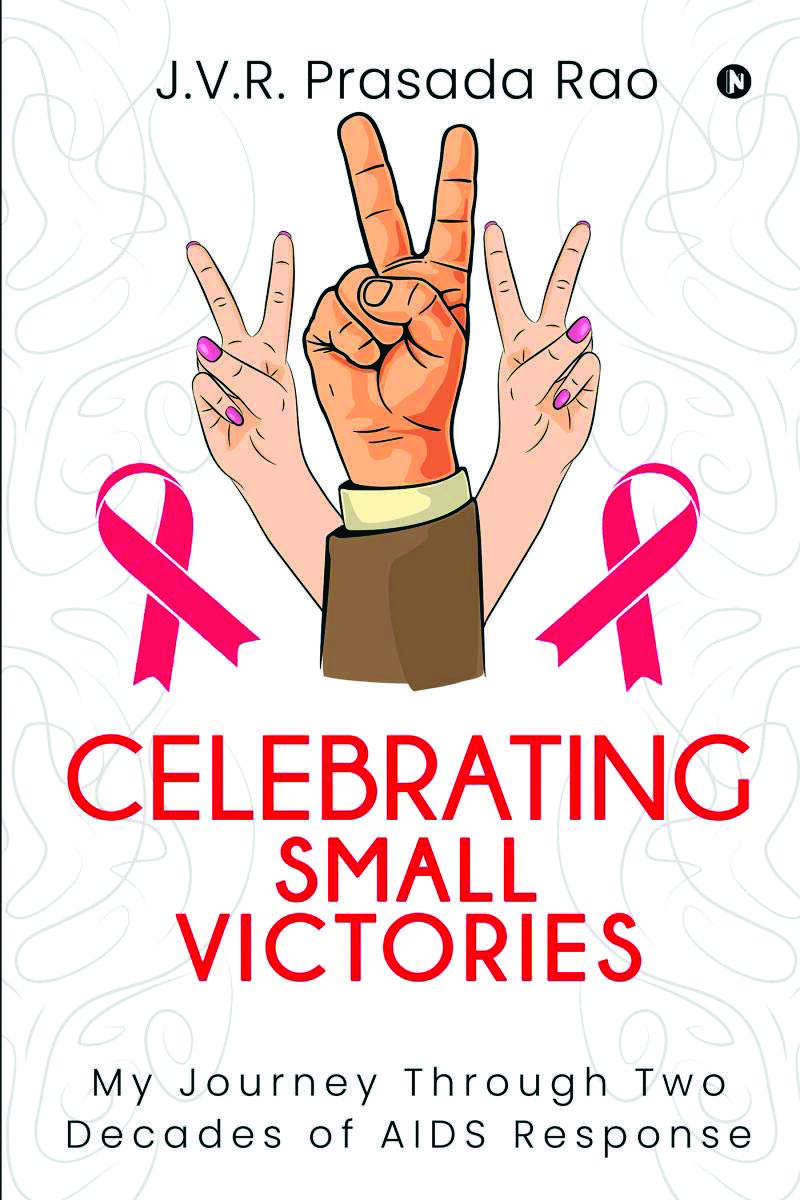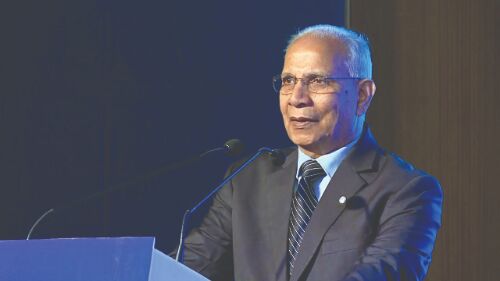"Celebrating Small Victories: My Journey Through Two Decades of AIDS Response" | Wakeup call
Celebration of Small Victories is a summary of the roles played by the architect of India’s AIDS response — JVR Prasada Rao — as a policymaker, programmer, advocate and activist for HIV/AIDS in a career spanning over two decades
Author: J.V.R. Prasada Rao
Publisher: Notion Press
The book ‘Celebrating Small Victories: My Journey Through Two Decades of AIDS Response’ traces the remarkable journey of JVR Prasada Rao who has been at the forefront of the fight against HIV/AIDS as the Director of the National AIDS Control Organisation in India, as Union Secretary for Health and Family Welfare of India, as the UNAIDS Regional Director for Asia and the Pacific, and as the United Nations Secretary-General’s Special Envoy for AIDS in Asia and the Pacific.

This book is first and foremost about genuine leadership, enshrined in science and evidence, with a total dedication to serving people and communities. Prasada is the architect of India’s AIDS response. Among his many achievements, he played a pivotal role in implementing a comprehensive and decentralised National AIDS Control Programme in the country, thereby saving millions of lives. In the book, he has narrated in detail his work with sex workers, people who inject drugs, and the LGBTQ community to advance innovative solutions to address expressed needs in India and throughout the Asia-Pacific region. From Bangkok to Mumbai, the book tells colourful and powerful stories about the importance of people-led action, community empowerment, and mutual learning.
I was particularly pleased to dive into Chapter 3 and reflect on the role of Independent Commission on AIDS in the Asia Pacific, for which Prasada served as the Member Secretary. Dr Chakravarthi Rangarajan, a renowned development economist and former Chair of the Economic Advisory Council of the Prime Minister of India, chaired the Commission, which looked at the unfolding realities of the HIV/AIDS epidemics in Asia. Its report was unique in taking a truly long-term view and looking beyond the health sector at the socioeconomic impacts of HIV infection. The Commission set out decisive actions for dealing with the acute HIV epidemics in Asia while planning for the future and remains an exemplary model for tackling other health and societal issues around the world, as we are now seeing with the COVID-19 crisis as societies learn to live with the virus.
We have made nothing short of spectacular progress in the AIDS response. It has been a collective effort and is a true success story. Yet with 1.7 million people newly infected with HIV in 2019 and nearly 7,00,000 deaths in the same year, the end of AIDS remains elusive. Prasada’s book could not come at a more important time. The AIDS response is at a crossroads and, with it, the lives of millions of people are hanging in the balance. The sobering reality is that even before the COVID-19 crisis, we were not on track to end AIDS as a public health threat by 2030 and the COVID-19 pandemic risks shattering hard-won gains and reversing progress. The many lessons Prasada shares throughout his memoir — from the importance of political leadership and dedicated resources, broad coalitions and activism, to science and people-driven responses — will be essential in charting a path forward. It can be done but only if we counter prevailing complacency, take bold action, and stay united.
The writer is the Director, the London School of Hygiene & Tropical Medicine and former Executive Director, UNAIDS



